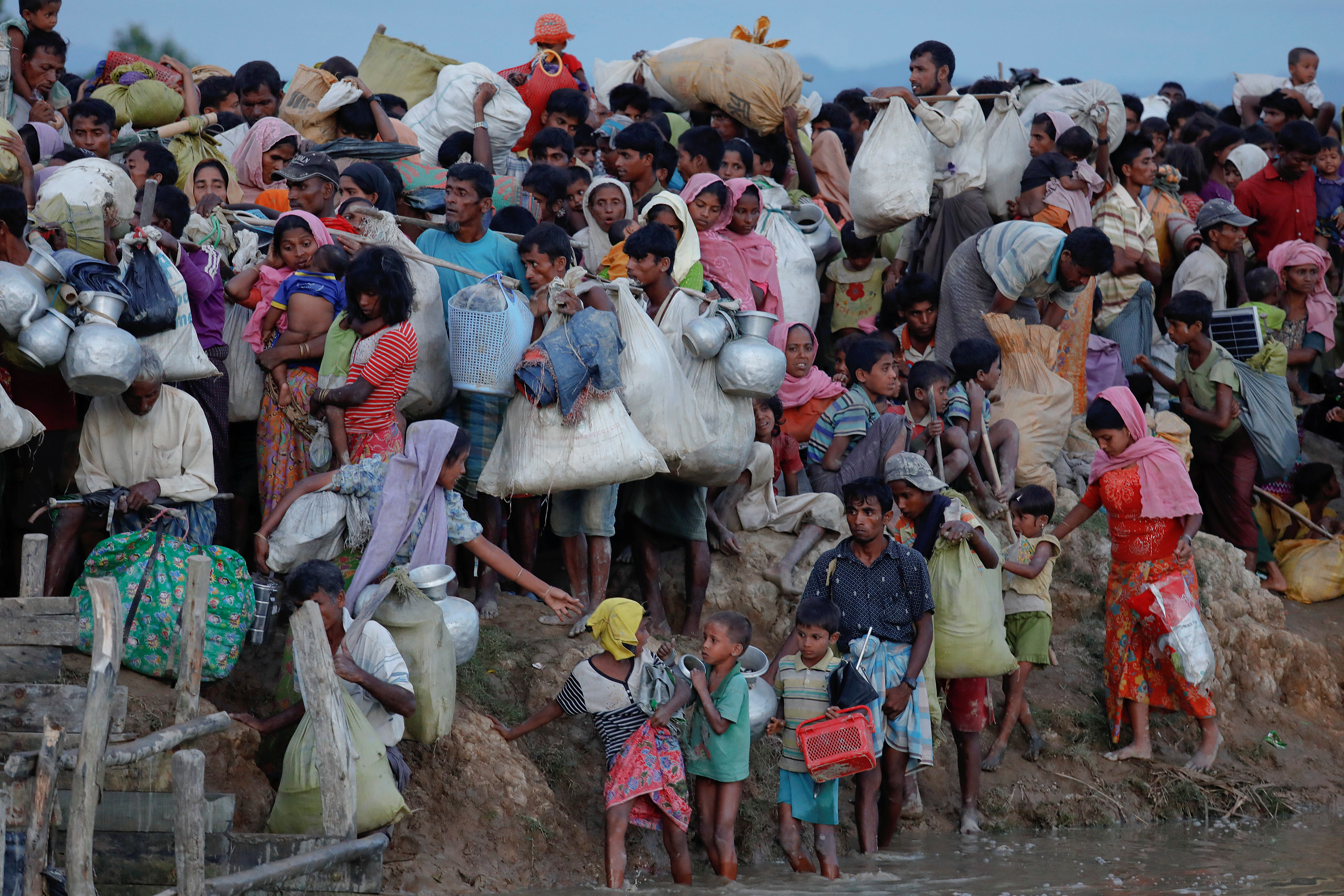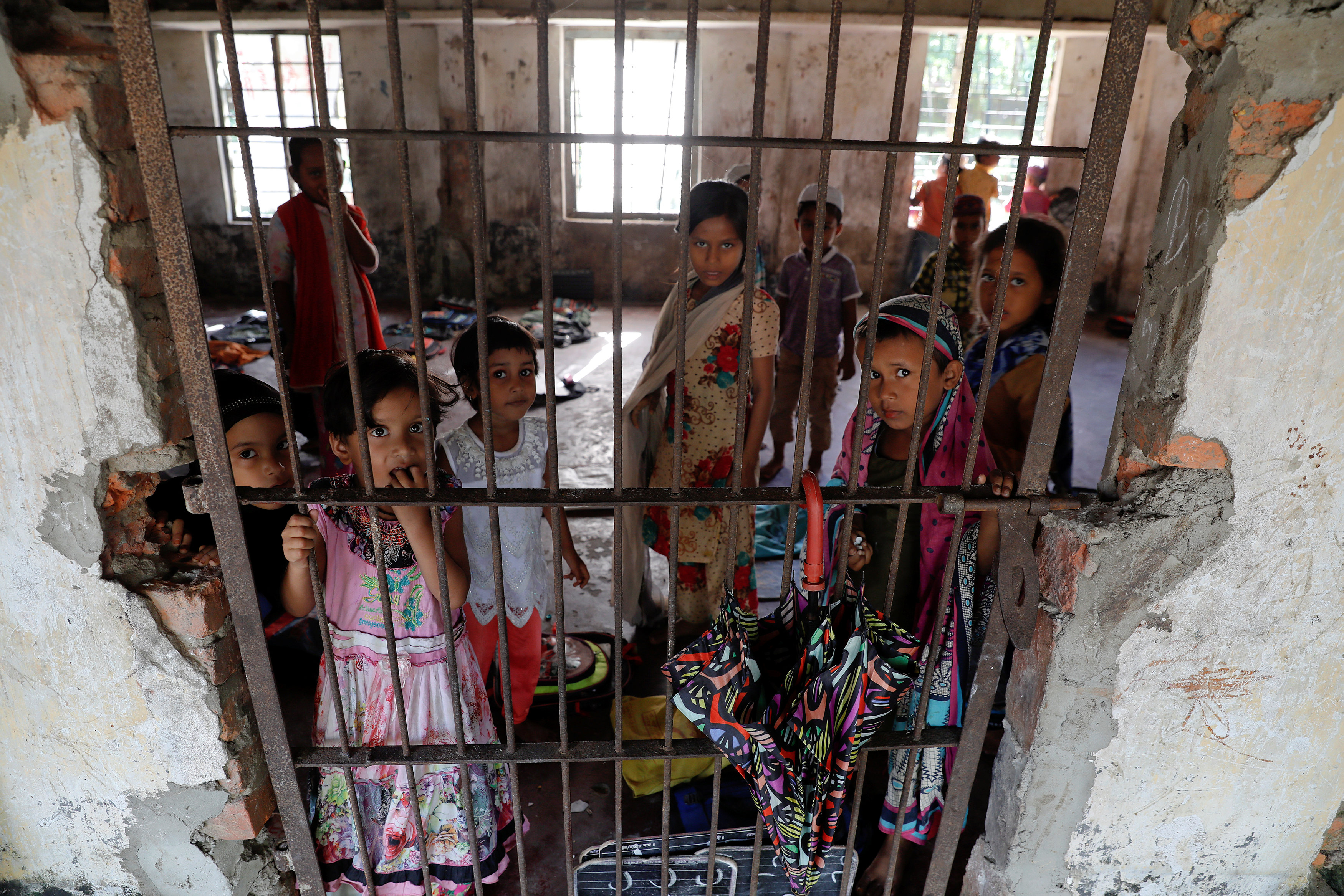
By Patrick Markey and Ahmed Mohamed Hassan
CAIRO (Reuters) – A deadly attack on the police in Egypt’s Western Desert claimed by a new militant group risks opening up another front for security forces far beyond the remote northern Sinai, where they have battled a stubborn Islamic State insurgency since 2014.
A little-known group called Ansar al-Islam claimed responsibility for the Oct. 21 attack. Analysts and security sources said the heavy weapons and tactics employed indicated ties to Islamic State or more likely an al Qaeda brigade led by Hesham al-Ashmawy, a former Egyptian special forces officer turned jihadist.
President Abdel Fattah al-Sisi has already suggested fighters from Islamic State will move into Egypt and neighboring Libya now that the group in on the retreat in Iraq and Syria after a string of losses.
Security is key for Sisi, a former military commander who presents himself as a bulwark against Islamist militants, as he looks set to seek re-election next year.
Claims of a new front with possible ties to Ashmawy and al Qaeda would increase risks the security forces face in the Western Desert, where militants can already take advantage of the terrain and the porous Libyan border, security sources, analysts and residents say.
Two security sources and a medical source said evidence showed one militant killed in a follow-up raid was a former military officer and second-in-command to Ashmawy, whose allegiance switched from Islamic State in the Sinai to al Qaeda, and who has been based in Libya since 2014.
“If he has been involved with what appears to have been a heavily armed and wholly unexpected operation on the Egyptian side of the Egypt-Libya border, that’s of great concern,” said H.A. Hellyer, an Egypt expert and senior non-resident fellow at the Atlantic Council.
An interior ministry official said he could neither confirm nor deny the validity of the Ansar al-Islam claim as it was being investigated. Prosecutors are also investigating the attack.
Two Homeland Security officers said militants in the Western Desert appeared more professional than in Sinai. The officers, who work on gathering intelligence, said militants tied to Ashmawy could draw on experience of members who once were in the Thunderbolt elite army unit, or former police.
“Ashmawy and four other former officers have experience in fighting, surveillance, and planning so the group they have with them is dangerous,” one officer said, referring to Ashmawy’s brigade commanders.
START OF A CAMPAIGN?
It remains unclear exactly what happened when an Egyptian police convoy ran into an apparently well-planned ambush by a heavily armed militant group in a remote, desert area 135 km (85 miles) southwest of Cairo.
Three security sources told Reuters at the time that dozens of police officers and conscripts were killed. But the interior ministry refuted that figure the next day and said 16 police and conscripts died, including some high-ranking officers.
One part of the operation was hit by rockets and heavy weapons, officials and sources said. The lead and rear vehicles were hit first, immobilizing the convoy, security sources said.
On Oct. 28, the interior ministry replaced several senior security officials in charge of the area where the attack happened, including a homeland security chief and a Giza province security chief, though no reason was given.
On Oct. 31, the army launched air strikes against the militants it said were responsible, killing dozens and rescuing a kidnapped and wounded policeman.
The new group gave no evidence of its Oct. 21 claim, and it said the oasis attack was the start of a campaign against Sisi’s government. It gave a list of grievances but no evidence on the size of its operations or its abilities.
Ansar al-Islam’s statement was carried by another group with al Qaeda links, Guardians of Sharia, whose social media feeds also carry statements from al Qaeda chief Ayman al-Zawahri.
Three security sources in the Giza area said they believe the attack may have been the work of Ashmawy’s militants.
Egyptian authorities believe he fled to Libya in 2014. He has strong ties in the Libyan city of Derna, where he operates an al Qaeda cell with other former Egyptian officers.
He has been blamed for high-profile attacks such as the killing in June 2015 of Egypt’s top public prosecutor in a car bomb. But moving into Egypt would also raise questions about whether he had shifted his area of operations.
Both Islamic State and al Qaeda have brigades operating in North Africa, where they have competed for space in Libya, especially in Derna, and sometimes operated alongside each other in small brigades in countries like Tunisia and Algeria.
Oded Berkowitz, an intelligence analyst for risk consulting group MAX Security, said assessing the new group’s capabilities or loyalties was difficult, but there could be an effort by al Qaeda to benefit from Islamic State’s decline to bolster its presence and recruits locally.
“There is a strong al Qaeda presence in Libya that can support such an endeavor in Egypt. Usually, a militant group in decline (IS) and an increase in competition between two groups translates into a more aggressive stance, and attempts at larger and more quality attacks,” he said.
SINAI TO NORTH
Egypt’s security forces are battling several militant groups, but have been focused on an Islamic State affiliate that has killed hundreds of police and soldiers in the northern Sinai and has now begun staging attacks outside the peninsula.
But the Western Desert, a vast region making up more than half of Egypt’s territory, has always been a security headache with arms flowing across the frontier from Libya.
Militant groups have found shelter across the border in the chaos that followed the fall of Muammar Gaddafi in 2011.
Residents, businessmen and security sources around the area of the ambush say they have seen a heightened militant presence over the last two years, with militants sometimes openly driving along highways at night, and carrying out hit-and-run attacks.
“It’s closer for them to bring the weapons from Libya and it’s closer for them to carry out their operations, then flee to Libya or hide out in the desert,” said one Egyptian military intelligence officer working in Farafra Oasis area near the Oct. 21 attack.
Egypt’s continuing struggle against Islamist insurgencies at home contrasts with Islamic State’s big losses in Iraq and Syria. In Libya’s southern Sahara, Islamic State shows signs of a revival after losing Sirte city a year ago.
U.S. forces carried out air strikes in Libya in September – the first for almost a year – to destroy an Islamic State camp.
When Islamic State leader Abu Bakr Al-Baghdadi in September urged followers to stand fast after defeats in Iraq and Syria, he mentioned Sinai and Sirte as places where they should fight.
Islamic State, which some experts had suspected was involved, included details of the Oct. 21 attack in its Al-Nabaa news bulletin, but without any claim of responsibility.
The Western Desert attack came as Egypt hopes a peace agreement between Palestinian rivals Fatah and Hamas on the Gaza Strip across its Sinai border can help stabilize that area and curb supplies to militants on the peninsula.
“Militants are able to move in the Western Desert easier than they do in Sinai, due to the open geographic nature,” one police officer working in the area said. “It’s not like Sinai, which you can cordon off.”
Attacks in Egypt: http://tmsnrt.rs/2hO9VIQ
(Editing by Giles Elgood)











